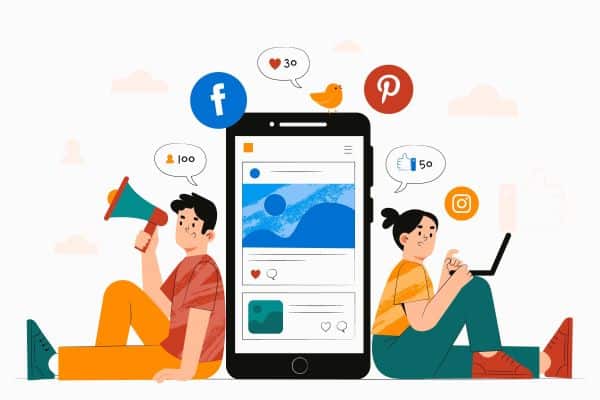What is Audience or Social Listening?
When you keep a track of what people are saying about your brand, products and competitors on digital media channels, you are engaging the audience listening. Social listening is one of the most common and effective ways to conduct audience listening. Monitor conversations on social media channels to understand what people say about your brand or topics related to your industry. Keep track of what's being said every day to create better content, build better audience personas, and devise better digital strategies. Gain a better understanding of your audience's needs and desires using audience listening. Delve deeper into your audience research for specific insights into your existing and prospective customers. Create meaningful and sustainable long-term relationships with your audience members using audience listening.Why should brands use social listening?
- Strengthen industry knowledge by staying on top of developments in your niche. This is particularly vital for B2B marketers.
- Be in the loop about what people are talking about your brand or products on social media and other online channels like blogs, news articles, and websites.
- By carefully listening, you can get a clear idea of your customer’s pain points, needs, motivations and expectations and craft thoughtful messaging, campaigns, and content. The outcome is enhanced customer experience.
- Likewise, you can constantly adapt to your existing clientele’s needs smoothly. This is crucial because the rapport you build and the long-term relationships you cultivate via social listening are more meaningful and valuable.
- You can also prepare for any social media crisis or brand incident and react accordingly.
- You will have the pulse of the market like competitor updates, mentions, and announcements made on social media channels.
How You Can Listen Like a Pro?
Know what to listen out for
- Innovations or developments in the industry
- Brand mentions
- Competitors and their mentions
- Customer feedback including reviews, complaints etc.
- Relevant hashtags and targeted keywords
- Topics that are related to your niche
Use particular tools
Learn how to React to Feedback
Keep an eye out for your competitors
Make Notes
Take action






